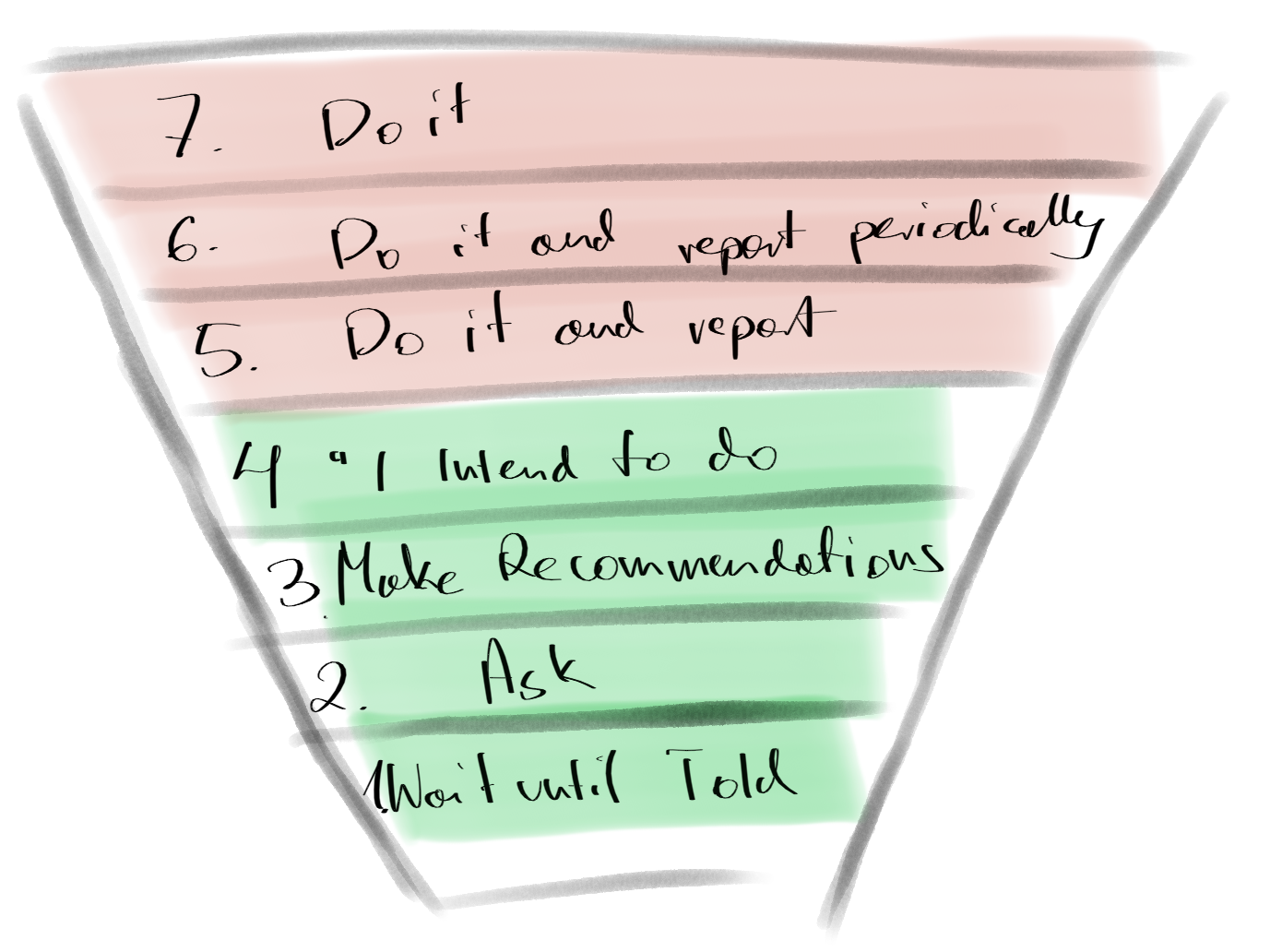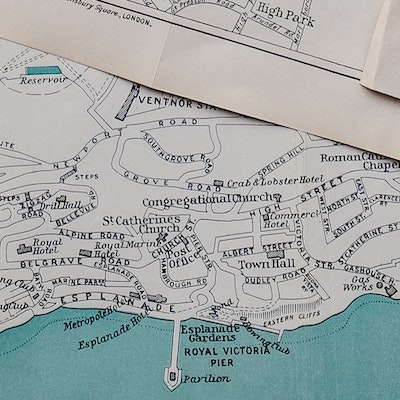Outcome vs Output in Software Engineering - A Critical Balance
Imagine a skilled craftsman meticulously building a wooden chair. The finished chair, sturdy and polished, is the output. But if nobody finds the chair comfortable, the intended outcome, a satisfying seating experience, is not achieved.
This simple example from carpentry resonates deeply with the complex world of software engineering. Have you ever heard of o Software Engineer who does not like to be named Craftsman? The nuance between outcome and output is not philosophical and has profound practical implications. As software engineers, focusing on both aspects can lead to projects that are not only technically sound but also aligned with user needs and business goals.




